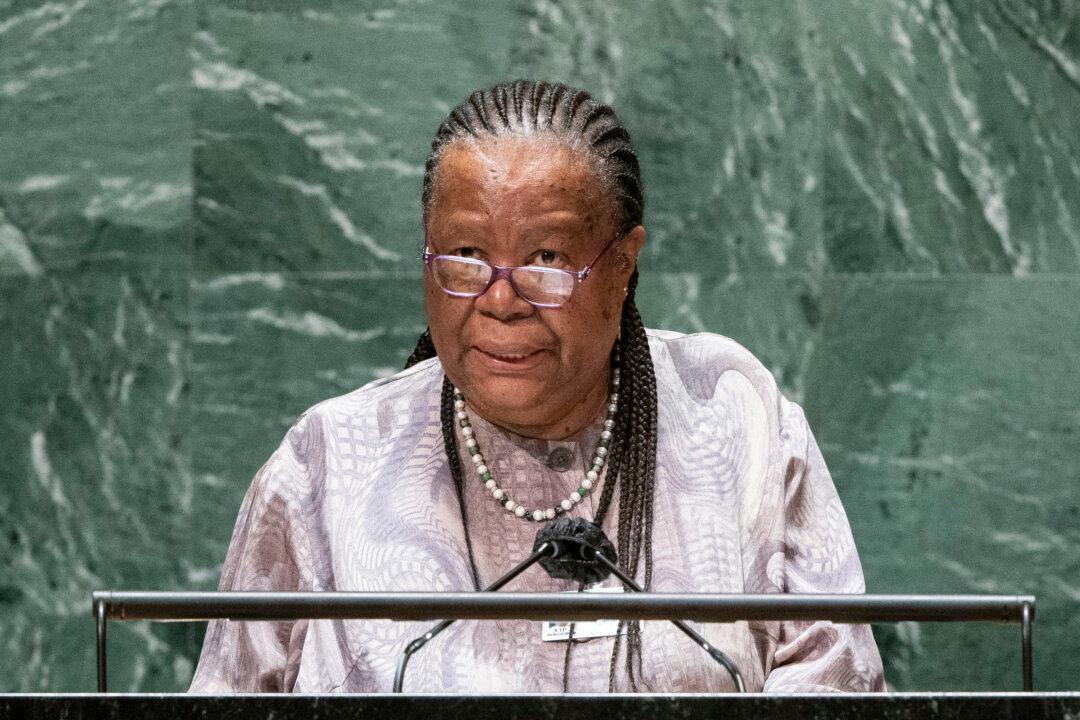JOHANNESBURG—The government of South Africa has thrown down the gauntlet to its U.S. counterpart, saying that U.S. repercussions against it for supporting totalitarian regimes could “amount to self-sabotage.”
In an opinion article published in the UK’s Financial Times newspaper recently, South Africa’s minister of international relations, Naledi Pandor, wrote: “Seeking to bring South Africa to its knees almost amounts to self-sabotage for the United States.





